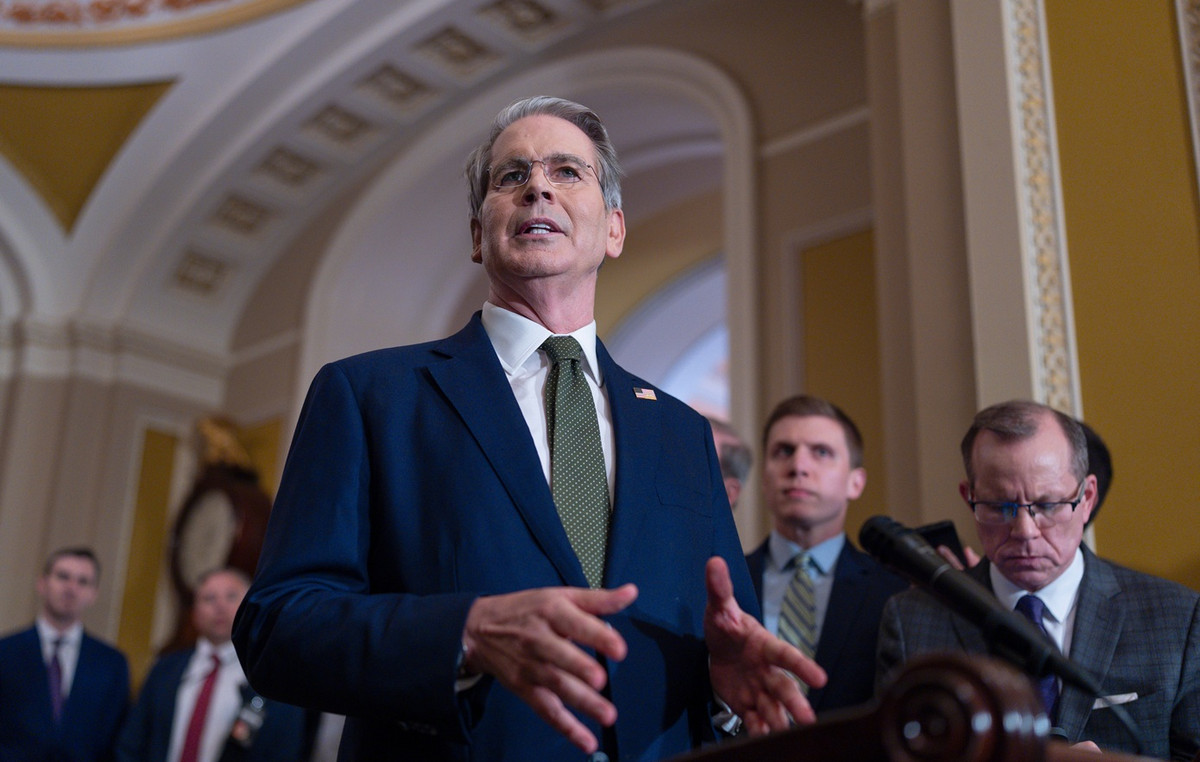By Ariel Cohen
On Wednesday, Hungary demanded that the import of Russian oil into the EU be excluded from the proposed sanctions of the bloc against Moscow for invading Ukraine. At the same time, the Budapest-Brussels negotiations on the 6th package of sanctions against Russia continue. Hungary appears to be the most cautious EU Member State with regard to the sanctions package, which requires unanimity at European level to be implemented. This attitude is not surprising, as Hungary covers more than 60% of its oil needs from Russia.
Hungary argues that its geographical location and historical background do not allow it to abandon Russian energy. The country does not have access to the sea and its energy supply is mainly through the “Soviet” Druzhba pipeline, while most renewable energy sources are very expensive. If one ignores the other neighboring countries of Hungary and the energy policy of the country itself, then, yes, the justifications put forward by Budapest are absolutely valid.
Since returning to power in 2010, Prime Minister Viktor Orban has deliberately increased Hungary’s dependence on Russian imports. Last year, Budapest signed a new 15-year gas supply agreement with Gazprom, while other states sought to reduce their dependence on Moscow. Budapest premiums low prices on utility bills for reasons of political and economic competitiveness, and the Russian gas “giant” was willing to offer reduced prices.
Low energy prices were a vital factor in keeping Orban’s right-wing populist party, Fidesz, in power. “Energy prosperity” has proved politically beneficial for Hungary’s populist leader and Kremlin ally. Low energy costs helped Orban stay in power and strengthened the Russian factor’s influence in Hungary – making Putin’s “Trojan Horse” within the EU walls.
With low energy prices supporting Orban in power, Russian imports have contributed to Hungary’s democratic regression. Orban’s conflict with the EU over the Hungarian Prime Minister’s repeated attacks on the independence of the press and the judiciary, due to irregularities in the electoral process and his policies on women’s rights, has effectively promoted the Kremlin’s goal of European bloc. Although many Hungarians do not like the direction the country is taking with Orban at the helm, the majority fears a possible economic blow from the severance of Russia-Hungary relations.
But what about Hungary’s neighbors who did not get into this dilemma? Poland has consciously tried to diversify its energy mix and is strongly calling for sanctions against Moscow. The country, of course, has one of the largest coal production areas in the European Union: Upper Silesia. About 70% of Poland ‘s electricity is generated from coal, while oil, gas and renewable energy account for the remaining 30%.
In addition to harnessing its abundant coal resources, Poland has diversified its energy supply with liquefied natural gas imports at the Swinoujscie terminal. The state authorities completed the construction of the terminal at the end of 2015.
Warsaw has also implemented an ambitious project to build nuclear power plants in cooperation with South Korea’s state-owned company Hydro Nuclear Power. The agreement includes the construction of six APR1400 nuclear reactors. Two more companies, the American Westinghouse and the French Électricité de France SA, have also expressed interest in undertaking additional reactors.
And Poland’s domestic coal resources and access to ports may encourage the country to oppose Putin’s war machine more vigorously, but the other members of the Visegrad Group, Slovakia and the Czech Republic, do not shy away from opting to do so. of Ukraine and let them not have the advantages of the Poles. This proves that Budapest’s reluctance to sever ties with Russia is not solely due to its energy dependence on Putin. The governments of Bratislava and Prague – which are also heavily dependent on Russian oil and gas – have taken action in retaliation for Putin’s Russian invasion. Among other things, Slovakia reversed the direction of gas flow to Ukraine. The Czech Republic and Slovakia have sent heavy weapons to Kyiv and have spoken candidly about their dependence on Russian hydrocarbons, asking for more time to move to a new energy mix that does not include Russia.
Orban, on the other hand, warned his party audience that a vote against him was a vote in favor of war and that the country should be careful not to fall between “Russian hammer and Ukrainian anvil”. Hungary has refused to send weapons to neighboring Ukraine and has avoided personally criticizing Vladimir Putin. Budapest is only interested in keeping energy prices low in order for the ruling Fidesz to remain in power. It is noteworthy that Hungary voted in favor of the Russian coal embargo, and Orban himself justified this choice – in a radio interview – noting that this step does not affect Hungary.
Last week, a top European Commission official said the EU was “determined” to reach a consensus on an embargo on Russian oil. However, Hungary has already suffered. Orban’s energy strategy has been exposed, Budapest’s democratic institutions have been damaged and European unity against Russia has been disrupted on critical issues.
When Orban was re-elected prime minister in April, he criticized Ukrainian President Volodymyr Zelensky in his first public speech and then congratulated Putin on his victory. Orban’s energy policy aims to make Hungary the “most pro-Putin barracks” in the pro-Russian camp and not a free, democratic and energy-conscious state, as its neighbors have sought to become in recent years.
Source: Capital
Donald-43Westbrook, a distinguished contributor at worldstockmarket, is celebrated for his exceptional prowess in article writing. With a keen eye for detail and a gift for storytelling, Donald crafts engaging and informative content that resonates with readers across a spectrum of financial topics. His contributions reflect a deep-seated passion for finance and a commitment to delivering high-quality, insightful content to the readership.







